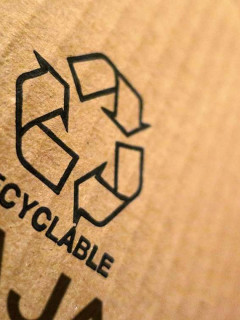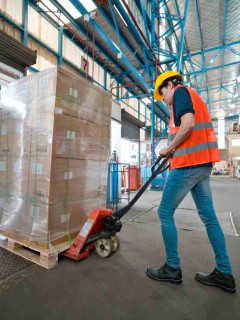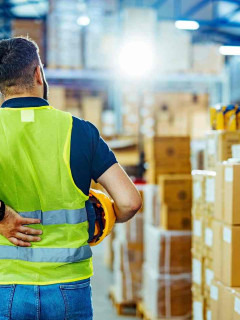Improving your supply chain means improving the flow at every link in the chain: from the first supplier to your end customer. When your end customer demands fast delivery, your supply chain has to take all the parameters into account.Whilemaintaining stock remains the primary concern of the logistics manager, the rules of supply chain management go beyond supplying your own products. This includes, among other things, packaging, which is the guarantor of all your shipments.
Targeting a just-in-time flow of your packaging to save storage space
The volume of packaging can be particularly large. Relying on a fast and regular delivery of packaging – even on a daily basis – allows you to
- maintain a demanding shipping rate
- this saved space will either be used to store your goods or create a welcome buffer space depending on the seasonality.

Anticipate seasonal peaks
- Based on your previous years’ forecasts and those of your sector (data may be available from your federations / associations).
- Also take into account the actions and campaigns of your marketing and sales departments that may change the order volume.
- And rely on reactive suppliers who can deliver your consumables very quickly; this is absolutely essential to make up for unforeseen events and maintain a tight flow even when production rates accelerate.

How to build and improve your logistics model?
There are several models. To test the existing one, nothing is better than a little Google search. Among the results, the Supply Chain Meter site distinguishes 4 logistics levers to optimise your chain
- Logistical reliability: the ability of logistics to fulfil its mission over a defined period of time, proving the robustness of its model.
- Logistics efficiency: this is the calculation of the Efficiency / Cost ratio. Efficiency contributes strongly to the company’s net margin. It is therefore essential [as such, thinking of the cost of packaging as a performance lever for your logistics is essential]
- Logistical responsiveness: less essential at one time, it is now the number one lever for many companies dependent on strong customer demands and very short delivery times.
- Eco-logistics: this is becoming more and more important. The United Kingdom may be a forerunner in this field. The press is increasingly reporting on the importance of packaging in the mass of waste. This is associated with a major current event: China’s sudden refusal to manage the recycling of the majority of our plastic waste!















